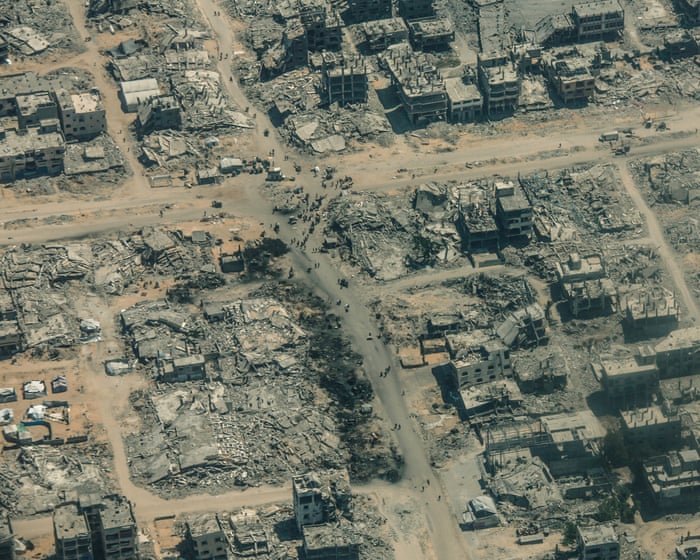В петък хиляди мъже се събраха из Кабул, за да наблюдават как хеликоптери разпръскват цветя в чест на четвъртата година от управлението на Талибаните — събитие, от което жените бяха забранени да присъстват. Три от шестте места за „цветен дъжд“ вече бяха забранени за жени, които са изключени от паркове и зони за отдих от ноември 2022 г.
Талибаните поеха контрола над Афганистан на **15 август 2021 г.**, след като американските и силите на НАТО се изтеглиха след две десетилетия война. Оттогава те налагат своята строга интерпретация на ислямското право, въвеждайки масови ограничения за жените и момичетата по заповед на техния лидер, Хибатула Ахундзада.
Събитието по случай годишнината в петък, което включваше речи от членове на кабинета, беше само за мъже. Планираното открито спортно изпълнение с афганистански атлети беше отменено.
Правоозащитни организации, чужди правителства и ООН осъдиха отношението на Талибаните към жените и момичетата, които остават изключени от повечето работни места, образованието след шести клас и много обществени пространства.
В знак на протест членове на Обединеното движение на афганистанските жени за свобода проведоха затворена демонстрация в провинция Тахар, наричайки управлението на Талибаните „черно господство, което изтри жените от работата, образованието и обществото“. Те описаха 15 август като „отворена рана в историята“ и се заклеха да се съпротивляват въпреки репресиите. Подобен протест се проведе и в Исламабад, Пакистан, където афганистански жени държаха плакати, осъждащи Талибаните, докато бяха напълно забулени.
По-рано същия ден Ахундзада предупреди, че Бог ще накаже афганистанци, които не оценяват ислямското управление. В рядко изявление той заяви, че шариатът е спасил страната от корупция и престъпност, призовавайки за благодарност за тези „божествени благословия“.
Миналия месец Международният наказателен съд издаде заповеди за арест на Ахундзада и главния съдия Абдул Хаким Хакани, обвинявайки ги в престъпления срещу човечеството за преследването на жени и момичета. МНС посочи политики, които систематично отнемат на жените образование, свобода на движение и основни права.
Тази година годишнината беше по-тиха в сравнение с миналогодишния военен парад на бивша американска военна база, който предизвика критики от Доналд Тръмп заради изоставеното американско оборудване. Междувременно Афганистан е изправен пред изостряща се хуманитарна криза.
Афганистан е изправен пред тежка хуманитарна криза, като милиони афганистанци са принудени да напуснат Иран и Пакистан, докато международното финансиране на помощи рязко намалява.
### **ЧЗВ: Четири години след завръщането на Талибаните на власт в Афганистан**
#### **Основни въпроси**
**1. Кога Талибаните си върнаха контрола над Афганистан?**
Талибаните поеха властта в Афганистан на **15 август 2021 г.**, след като превзеха Кабул при изтеглянето на американските и силите на НАТО.
**2. Какъв беше Афганистан преди завръщането на Талибаните?**
Преди 2021 г. Афганистан имаше правителство, подкрепяно от САЩ, ограничени свободи за жените и продължаващ конфликт, но също медии, образование и някои демократични процеси.
**3. Как се промени живота на афганистанците след идването на Талибаните?**
Правата на жените рязко се влошиха, медиите са ограничени, икономиката се срина, а международната помощ намаля.
**4. Признат ли е Афганистан като държава от другите страни сега?**
Повечето държави, включително САЩ, не признават официално правителството на Талибаните, но поддържат контакти с него по въпроси като помощ и сигурност.
#### **Човешки права и общество**
**5. Какви ограничения имат жените при управлението на Талибаните?**
Жените са забранени от:
- Средно и висше образование
- Повечето работни места
- Обществени места без мъжки придружител
- Много форми на забавления
**6. Могат ли момичетата да ходят на училище?**
Началното образование е разрешено, но повечето момичета над 12 години са лишени от образование. Университетите остават затворени за жени.
**7. Как афганистанците се съпротивляват на политиките на Талибаните?**
Някои протестират тайно, организират тайни училища, използват VPN за достъп до забранено съдържание или бягат от страната. Съпротивата е опасна.
#### **Икономика и международни отношения**
**8. Защо икономиката на Афганистан е в криза?**
- Замразени чуждестранни резерви
- Намаляване на международната помощ
- Санкции и ограничена търговия
**9. Контролират ли Талибаните целия Афганистан?**
Предимно да, но групи като ИДИЛ-К извършват атаки, а съществува и местна съпротива.
**10. Помагат ли други държави на Афганистан?**
Някои помощи се предоставят чрез ООН и НПО, но прякото правителствено финансиране е ограничено поради политиките на Талибаните (напр. забраната за жени).



